
Researchers looked at data from the Surveillance, Epidemiology, and End Results database to see if there has been any increase in the use of active surveillance or watchful waiting when it comes to low-risk prostate cancer.

Your AI-Trained Oncology Knowledge Connection!


Researchers looked at data from the Surveillance, Epidemiology, and End Results database to see if there has been any increase in the use of active surveillance or watchful waiting when it comes to low-risk prostate cancer.

The study compared PET/CT tracers over 18F-fluciclovine when it comes to the localization of biochemical recurrence of prostate cancer following radical prostatectomy.

Test your knowledge of metastatic prostate cancer with this month's quiz.

Researchers conducted gene expression analyses on prostate cancer tumor samples from World Trade Center first responders and general population patients to see if there were any differences between the two.

Dr. Kittles discusses the race-based health disparities in prostate cancer, and one genetic-environmental crossover that is clinically significant.

How much do you know about molecular risk and prognostic biomarkers in prostate cancer? Take our latest quiz to test your knowledge.

A new study used two patient-reported measures of sexual function following radical prostatectomy to assess sexual interest and satisfaction in men with prostate cancer.
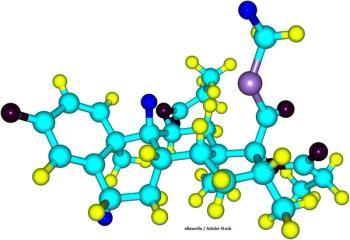
Researchers compared several glucocorticoid regimens, given in combination with abiraterone acetate, for metastatic castration-resistant prostate cancer.

In this Point/Counterpoint, Drs. Bhat and Punnen argue that active surveillance can be beneficial for patients with intermediate-risk prostate cancer.

In this Point/Counterpoint, Drs. Madueke and Abern argue that active surveillance should not currently be considered for patients with intermediate-risk prostate cancer.
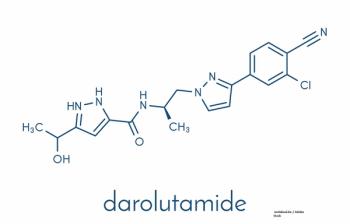
An analysis of the ARAMIS trial looked at quality of life and other outcomes with darolutamide in men with nonmetastatic castration-resistant prostate cancer.

The PAIREDCAP trial looked at different biopsy approaches to see which has the highest cancer detection rate for prostate cancer.

A subanalysis of the PROCEED trial showed a surprisingly high survival advantage for a particular race of men receiving immunotherapy for metastatic castration-resistant prostate cancer.

Cancer Network spoke with Hala Borno, MD, of the University of California, San Francisco, about addressing the disparities in access to clinical trials and treatments for patients with prostate cancer.

The TAXOMET trial tested the addition of metformin to docetaxel and prednisone in patients with metastatic castration-resistant prostate cancer.
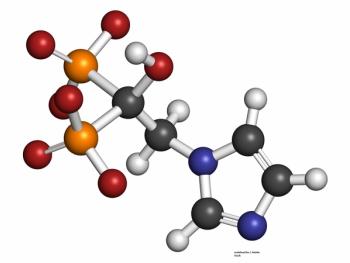
Researchers tested the administration of bone-targeted agents once every 12 weeks vs once every 4 weeks for a year in patients with metastatic castration-resistant prostate cancer.

Researchers tested treatment with bone-protecting agents in men with metastatic castration-resistant prostate cancer treated with enzalutamide or radium-223.
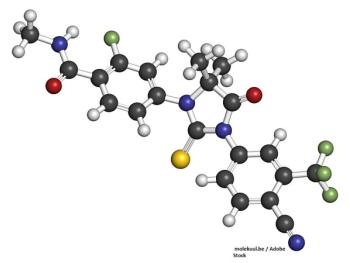
The phase III ENZAMET study showed 'practice-changing' results with enzalutamide for men with metastatic hormone-sensitive prostate cancer.
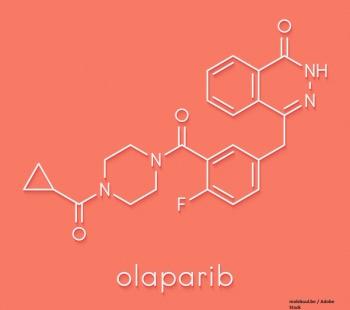
The TOPARP-B study showed that olaparib had activity in patients with metastatic castration-resistant prostate cancer with DNA damage repair gene defects.

The researchers compared hormonotherapy plus radiotherapy vs radiotherapy alone in prostate cancer patients who previously underwent radical prostatectomy.

Researchers tested the androgen receptor inhibitor apalutamide plus ADT in patients with metastatic castration-sensitive prostate cancer.
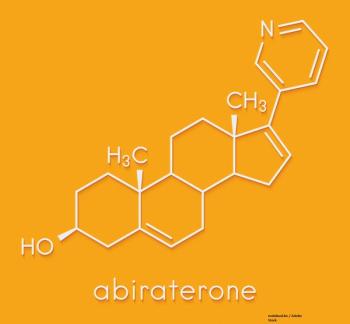
This study compared combination therapy with enzalutamide, abiraterone, and prednisone vs enzalutamide alone in men with metastatic castration-resistant prostate cancer.

This study tested first-line treatment with cabazitaxel vs hormonal therapy in patients with metastatic castration-resistant prostate cancer with poor prognosis.
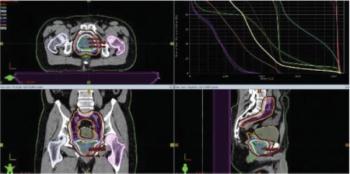
This case looks at an otherwise healthy 59-year-old man who was recently diagnosed with clinical stage IVB prostate adenocarcinoma. What is the most appropriate management for this patient?

Researchers looked at the use and effects of 5α-reductase inhibitors to treat benign prostatic hyperplasia on prostate cancer outcomes.